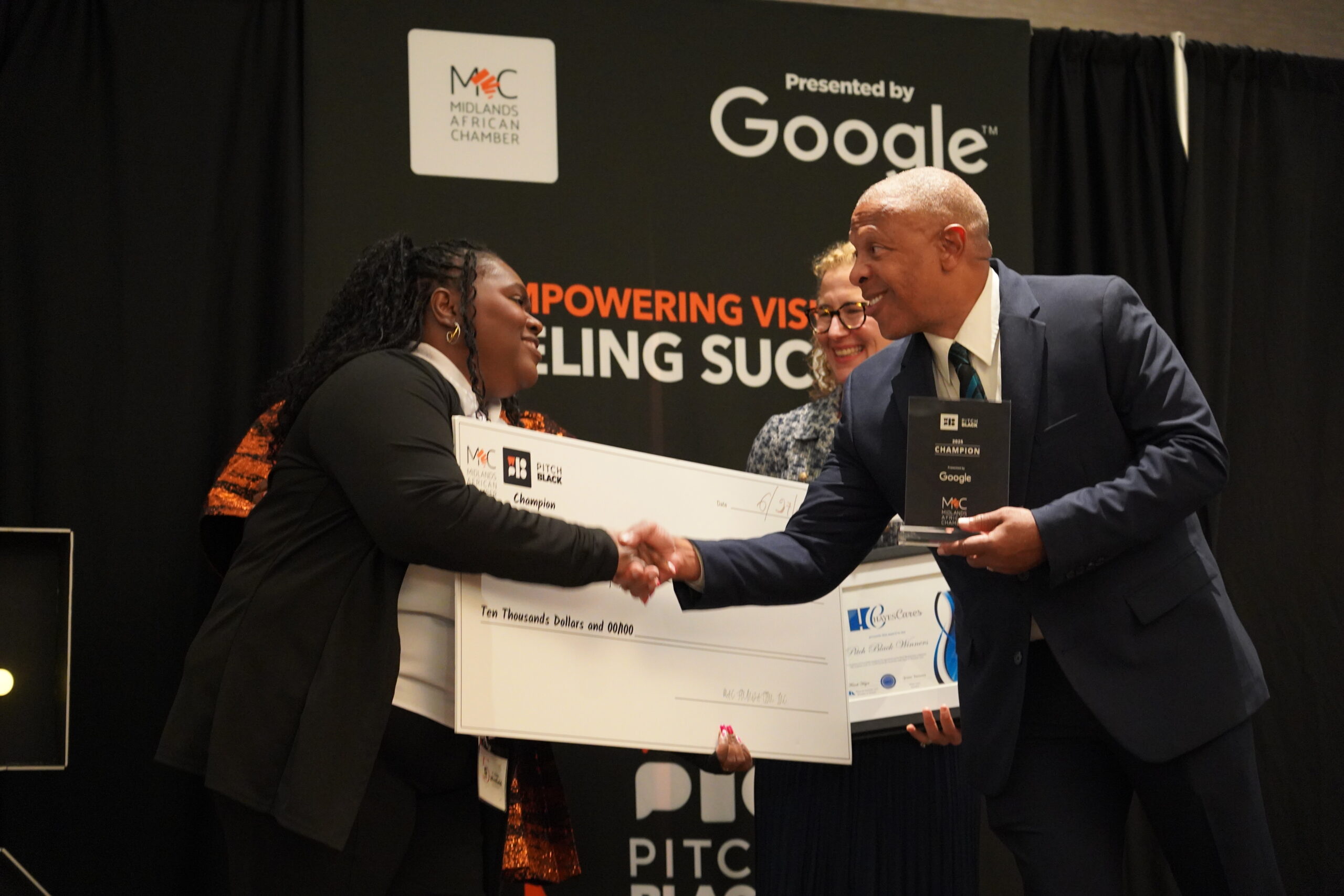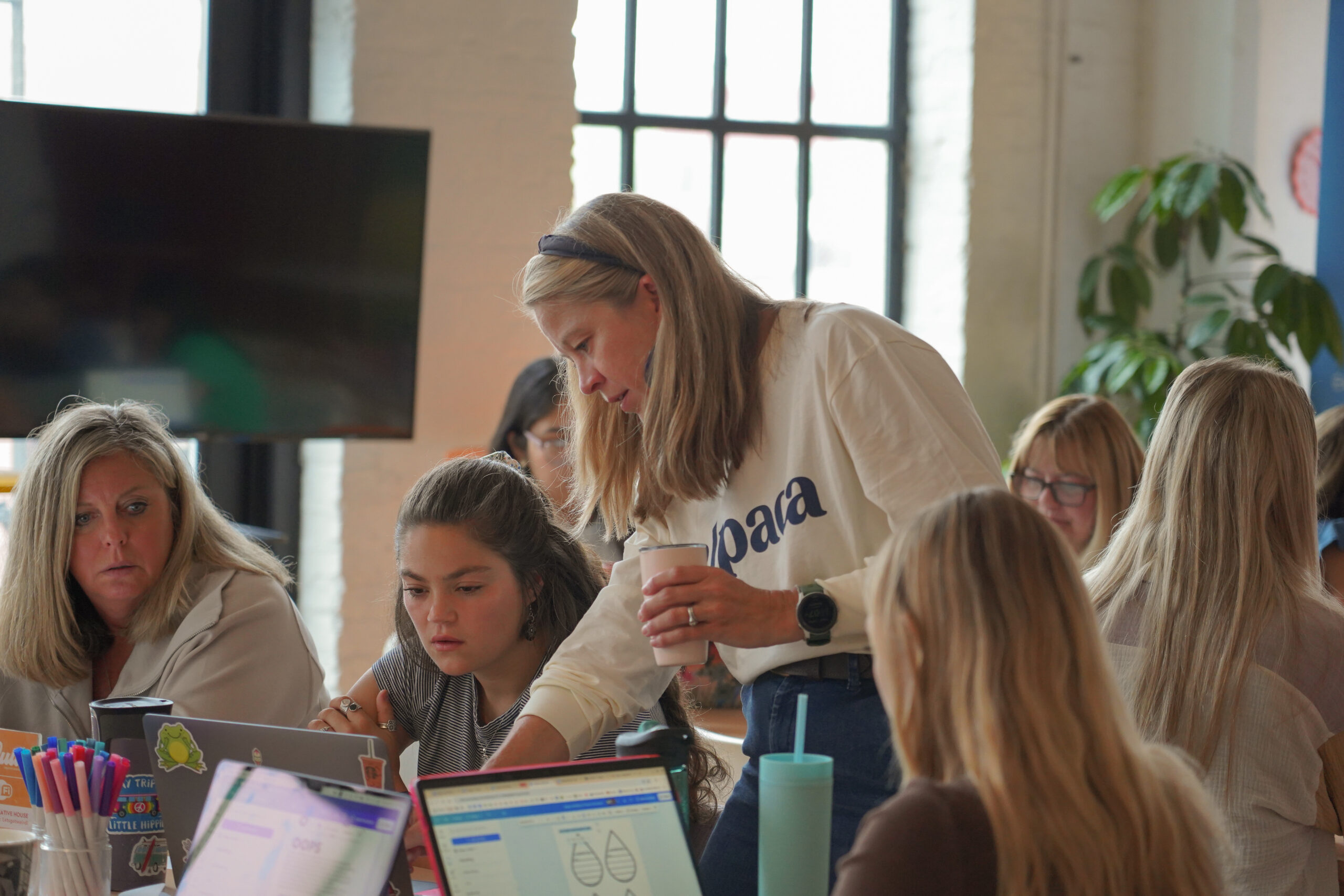
Pandora founder Tim Westergren speaks to a crowd of 240 at the Durham Museum’s Stanley and Dorothy Truhlsen Lecture Hall on Thursday, November 11. Photo by Danny Schreiber.
During Q&A at last Thursday’s Pandora Listener Town Hall, Pandora founder Tim Westergren made a statement that just about summed up the life of the decade-old company. “I think our timing has gone from really, really bad to really, really good,” Westergren said.
With roots at the peak of the 2000 dot-com bubble, Pandora Radio has gone from a closed project that mapped out and connected the attributes of songs – the Music Genome Project – to one of the most popular internet radio services today.
Now, with the ever-increasing use of smart phones allowing users to access Pandora nearly everywhere and an approaching partnership with Ford that will put Pandora in the car, the music discovery engine is poised to continuing making a major impact on how we listen to and learn about music.
At Thursday’s Town Hall, which took place from 7 to 9:30 p.m. at the Durham Museum, Westergren dove into the backstory of Pandora and the Music Genome Project, talked about the latest happenings of the company and what was next, and closed by candidly taking audience Q&A for about an hour.

Following his talk and audience Q&A, Westergren stuck around for more than 30 minutes to talk to attendees one-on-one. Photo by Danny Schreiber.
Westergren held his first Listener Town Hall in 2005, shortly after launching the then subscription-only Pandora Radio. Today, he’s held about 250 Town Halls, from “Biloxi, Mississippi to Boston to everywhere in between,” he said in his talk. He sees these informal gatherings as a valuable way to stay connected to listeners and retrieve user feedback. The ability to undo giving a song a “thumbs up or down,” for example, came from an early Listener Town Hall.
Here are a number of interesting points from Westergren’s talk in Omaha:
- Pandora Radio, the service used by 70 million listeners in the U.S., was launched in 2005 after five year’s of work on the Music Genome Project.
- The idea of the Music Genome Project came to Westergren while he was a film composer in the late ’90s – he began to get a sense of a what songs were similar to each other and if one song he proposed wasn’t liked by the director he was able to propose something with similar characteristics that fit the scene, literally getting a thumbs up and thumbs down as he went along.
- In the early ’00s, employees worked without pay for more than two years. After securing a second round of funding, Westergren showed up to a company meeting with a back pocket full of due paychecks, totaling nearly $2 million worth of salary.
- In the last quarter of 2009, Pandora recorded its first profitable quarter (it was its 40th quarter in business).
- Today, Pandora has more users listening on smart phones than on the web. Furthermore, they’re adding more listeners a day on mobile than anywhere else.
- Currently available only in the U.S. because of copyright and licensing rulings, Pandora aims to reach the global market in the coming years.
To hear more from Westergren, I caught up with him after the Town Hall, asking him about his perseverance to build Pandora (00:25), his thoughts about offering a free product online (1:40), his advice for entrepreneurs and startups working in the music industry (2:17) and more.
To see more coverage of Westergren’s Town Hall in Omaha, see Ross Boettcher‘s article in the Omaha World-Herald: Pandora makes music personal.




